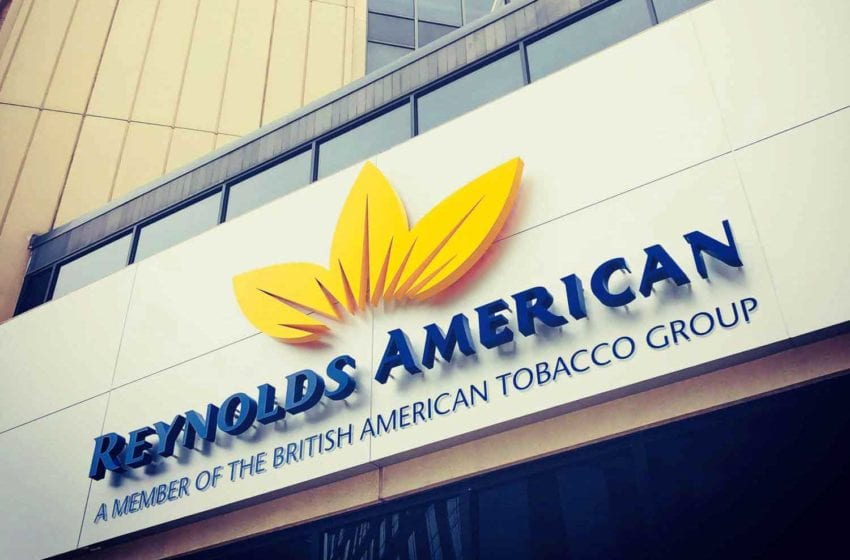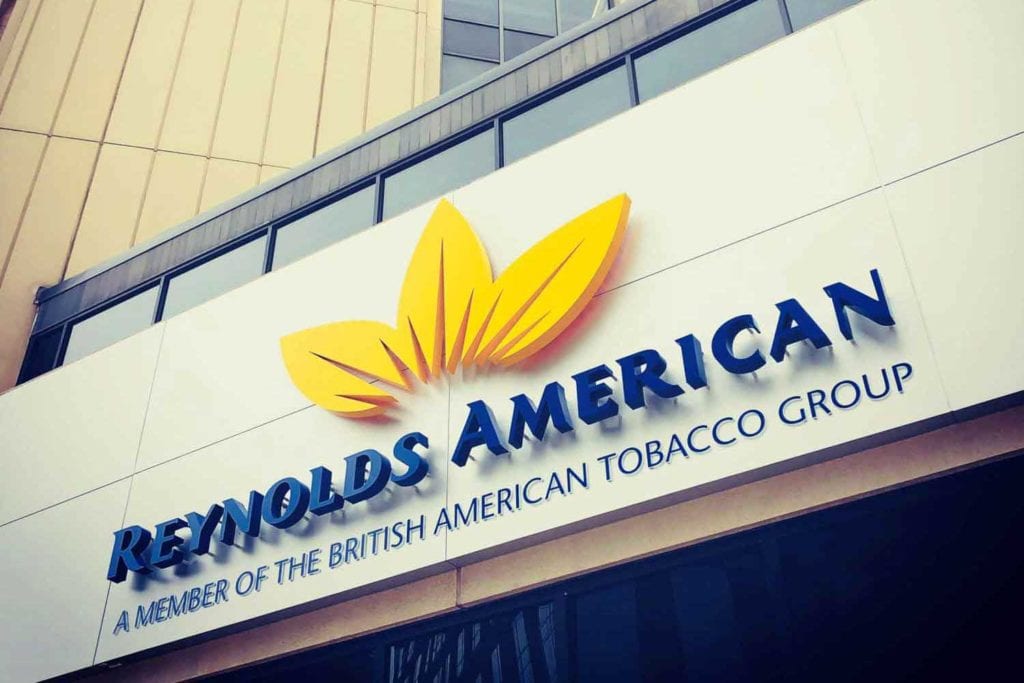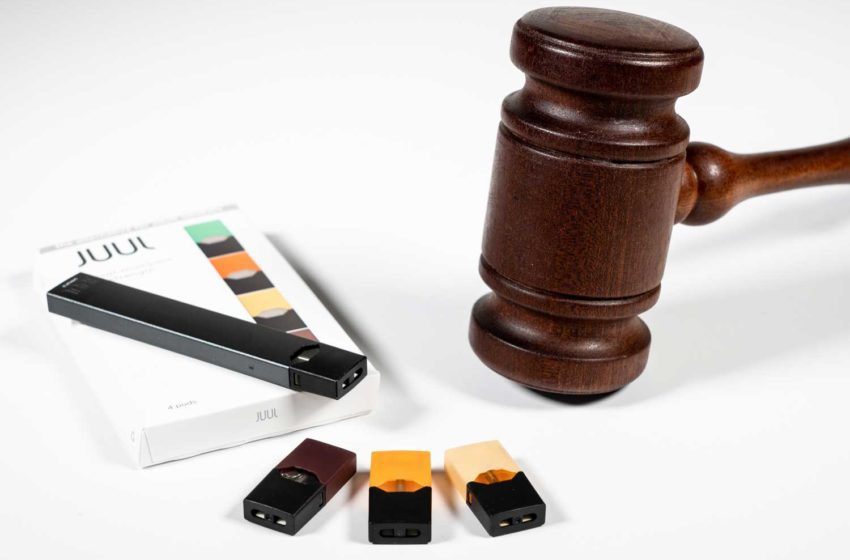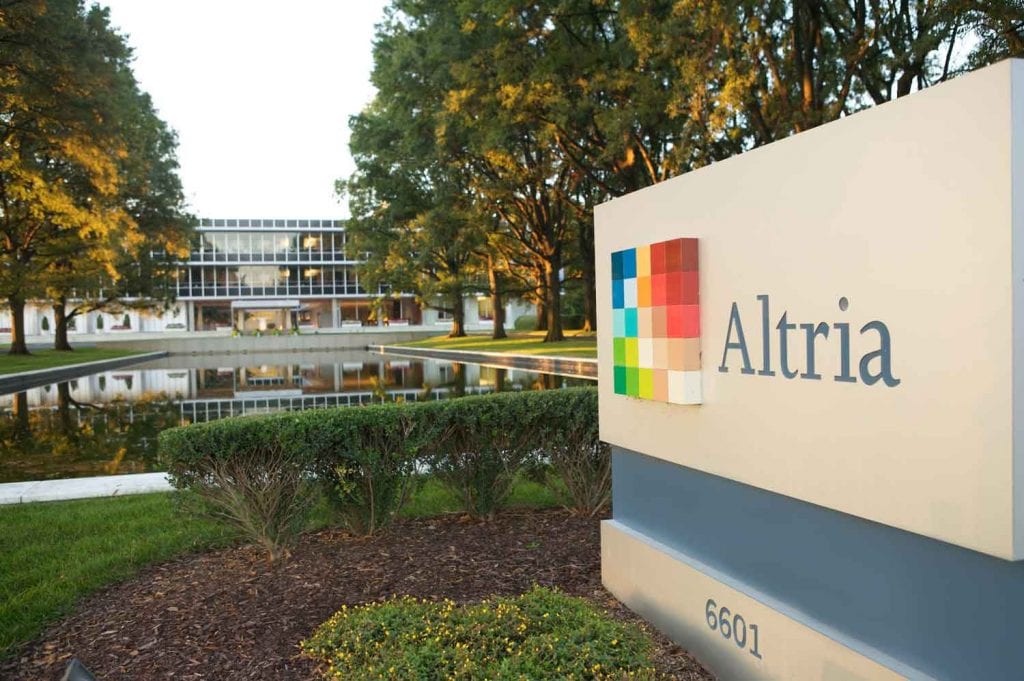
Philip Morris is engaged in a legal battle with the North Carolina Department of Revenue over an $8.7 million tax bill, reports The Carolina Journal. Philip Morris argues that it should be able to claim $7.2 million in tax credits, but the department disagrees.
The dispute centers on the interpretation of a phrase in the state law, with Philip Morris claiming that the law does not limit the amount of credit that can be generated in a given year. The revenue department argues that Philip Morris exceeded the $6 million cap on credits and improperly carried them forward to subsequent tax returns.
“Philip Morris argues the decision in the case will be determined by the meaning of the phrase ‘credit allowed’ found in N.C. Gen. Stat. § 105-130.45. However, this case is about the meaning of six words added to N.C. Gen. Stat. § 105-130.45(b) during a special session convened by the General Assembly,” according to a brief filed by N.C. Department of Justice lawyers. They represent the Department of Revenue in the tax dispute.
“The words ‘may not exceed 6 million dollars’ specifically limited the amount of credits a taxpayer could generate on the exportation of cigarettes,” state lawyers wrote. “The amendment did not disturb the separate and preexisting cap on the amount of credits that a taxpayer could use on its tax return during a single year in subsection (c). Despite a plain reading of the amended language, Philip Morris contends that subsection (b) does not limit the amount of credit that can be generated in any given year and only limits the amount that can be claimed in a tax year. Thus, Philip Morris continued to incorrectly generate credits in excess of the $6 million cap.”
“For tax years 2005, 2006 and 2007, Philip Morris calculated its export credits generated in the amount of $28,767,799; $27,374,957; and $14,310,414, respectively, far exceeding the $6,000,000 limit,” according to the brief. “Philip Morris then improperly attempted to carry forward the unauthorized credits to its 2013 and 2014 corporate tax returns.”
“Through this appeal, Philip Morris now continues to lobby for better treatment than its competitor R.J. Reynolds by attempting to question the statutory construction of an unambiguous statute,” the revenue department’s lawyers argued.
Philip Morris argues that the department’s interpretation of the law is a recent development and not supported by legislative history.
The state Supreme Court is yet to issue a ruling in the case.

















